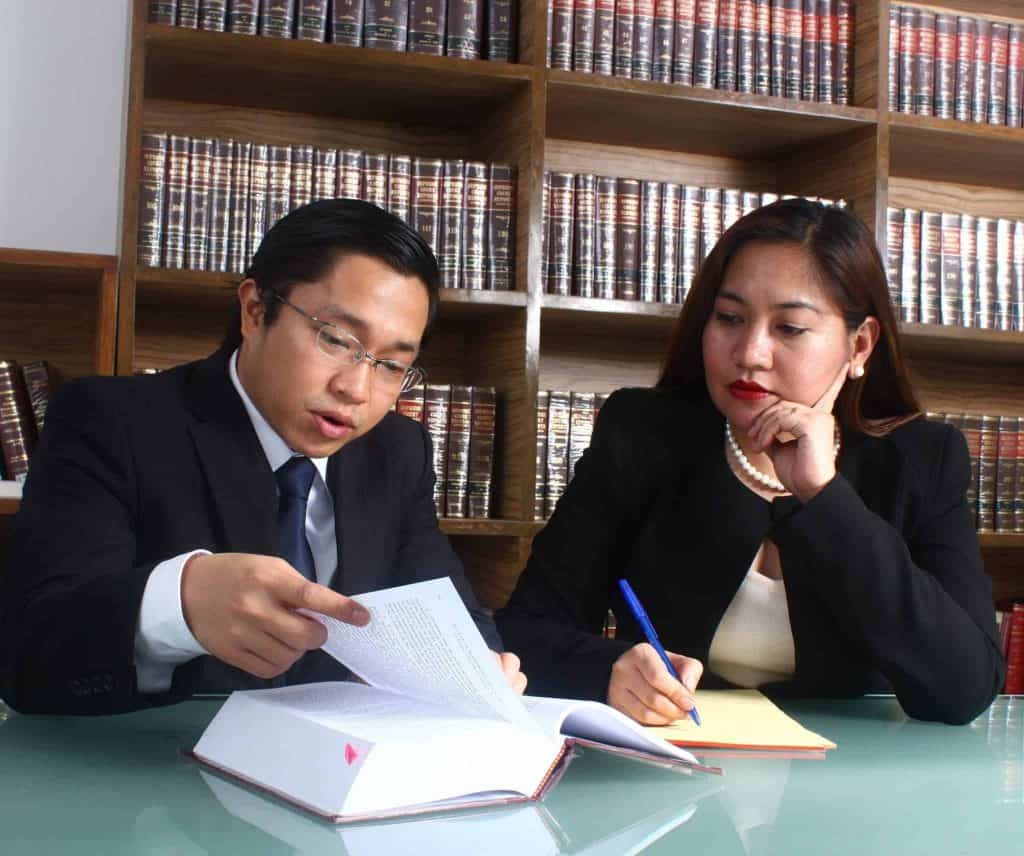In “shopping” for a lawyer, the first thing the usually comes to mind is how much a lawyer charges. Generally, the professional fees of a lawyer depend on the nature and complexity of the case, the financial capacity of the client, the extent of work required, among other factors. The usual legal fee arrangements are: initial consultation fee, fixed retainer, time-based charging, acceptance fee, and contingent fee arrangements.
The initial consultation fee is what you can expect the attorney to bill you for your initial consultation with him or her. While some lawyers offer free consultation, some charge initial consultation fees. There are other attorneys who bill on their usual or reduced hourly rate. There is no standard practice in the Philippines. Hence, the best thing to do before going for an initial consultation is to call before making the appointment.
The fixed retainer fee is a predetermined fee paid on a lump sum, in advance of any legal work to be performed. In corporations, for example, a general corporate retainer would include general corporate services such as drafting minutes and board resolutions, secretary’s certifications, ant the like. There are also specialized retainer fee arrangements depending on the requirements of the client. It can be expected of course, that in specialized retainer arrangements, the fixed retainer fees are much higher.
Time-based charging is a fee arrangement where the lawyer bills based on his given hourly rate. The client is billed based on the actual time spent by the lawyer. At the end of every billing cycle, which in most cases is on a monthly basis, the lawyer sums up the actual time he or she spent for your case, doing research, answering your calls, consultations, meetings, etc. The bill is computed by adding up the total time spent by the attorney multiplied by the latter’s given hourly rate. Before entering into such arrangements, you may want to ask the lawyer for an estimate of how much time it would take to complete the activity.
The acceptance fee is the fee charged by the lawyer for merely accepting the case. The rationale behind this is, once the lawyer agrees to act on behalf of a client, he generally loses the opportunity to handle cases for the opposing party. Thus, a lawyer’s acceptance of a case would mean that he is forgoing prospective work for the other party. The acceptance fee is normally applied in litigation, and coupled with a per stage or per activity type of billing, where the lawyer divides his professional fees depending on the stage of the proceedings.
In contingent fee arrangements, the lawyer gets paid only if the legal activity is successful. In most cases, contingent fee arrangements are utilized by clients who cannot afford the services of a lawyer. In such case, the lawyer gets to collect a certain portion of the property or money involved, if he succeeds in the case or activity. Because of the risk of not getting paid at all, lawyers tend to collect between 30%-50% of whatever the client gets.
In most cases, out-of-pocket expenses such as filing fees, travel expenses, printing etc., are excluded from such arrangements. Since these expenses are incurred for the benefit of the client, they are the client’s responsibility. Of course, you can always ask for a cap on expenses.
The person looking for a lawyer must bear in mind that, generally, professional fees are subject to negotiation. You can even try to negotiate terms of payment, if this is possible.
Let us help you. For further inquiries, you may seek legal assistance by e-mailing us at [email protected].
Nicolas & De Vega Law Offices is a full service law firm in the Philippines. You may visit us at the 16th Flr., Suite 1607 AIC Burgundy Empire Tower, ADB Ave., Ortigas Center, 1605 Pasig City, Metro Manila, Philippines. You may also call us at +632 4706126, +632 4706130, +632 4016392.









